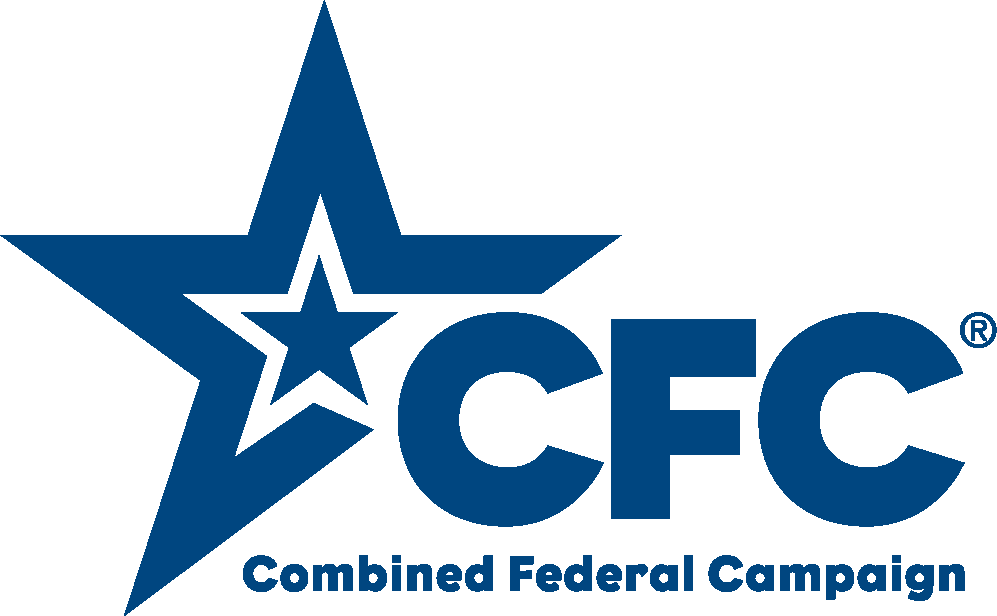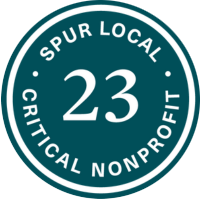
Good morning, Councilmember White and members of the committee. My name is Courtney Cooperman, and I am a resident of Ward 2 in the West End neighborhood. I serve on the Housing Security Working Group of Jews United for Justice, a community of thousands of Jews and allies committed to advancing social, racial, and economic justice in DC. My testimony today will focus on the importance of the Human Rights Enhancement Amendment Act to add homelessness as a protected class, and funding $1 million for the Office of Human Rights to enforce this and other protections. As a DC resident who cares deeply about dignity and opportunity for all people, I believe it is critical that the District’s civil rights laws protect all its residents—regardless of their housing status.
Our Jewish tradition teaches that all of humanity is created b’tzelem elohim: in the image of God. This core principle affirms that all people are equally valued and deserve to be treated with equal dignity. In addition, the Torah scholar Rashi instructs us to support our community members in difficult times and “strengthen [them] as [they] begin to fall,” rather than wait until they sink deeper into crisis to provide support. People experiencing homelessness are constantly vulnerable to discrimination and exclusion—daily injustices that compound countless other obstacles to securing stable housing. To uplift our unhoused neighbors, we must ensure that they have recourse if they are treated as less-than-equal members of our community.
Walking through the District, I often view our public spaces through the lens of exclusion of unhoused people. Benches with dividers to prevent people from lying down, lack of public restrooms, closed-off parks—hostility to our unhoused neighbors is baked into the District’s very design. Because of this hostility, whether conveyed through architecture or demeaning interactions, people experiencing homelessness face obstacles to navigating daily life that housed residents do not confront. As a DC resident who loves this city, I believe we can only extend the District’s promise of dignity and opportunity for all when we acknowledge the particular injustices that unhoused residents face because of their housing status—and use every tool at our disposal to remedy these injustices.
When I walk into a store or a restaurant, I am not perceived as a “housed” person—I am just perceived as a person. It is people experiencing homelessness who are marked as “other.” When I apply for a job or a rental apartment, I match the default expectation that applicants have a current address. It is people experiencing homelessness who are called into question for lacking one. People experiencing homelessness are treated differently on the basis of their housing status. They must have the right to challenge that unequal treatment, and the District must have the resources to safeguard that right.
Ultimately, the District’s moral obligation is to ensure that everyone has stable housing. But in the interim, while we are a long way off from fulfilling that obligation, we must ensure that our civil rights laws protect people who are unhoused. Homelessness is the product of an unjust housing market; discrimination and social exclusion without recourse further compound that injustice. To promote dignity and opportunity for our unhoused neighbors and in solidarity with the Fair Budget Coalition Platform, I urge the DC Council to pass the Human Rights Enhancement Amendment Act and fund $1 million for the Office of Human Rights to enforce this and other essential housing protections. Thank you for the opportunity to testify today.





